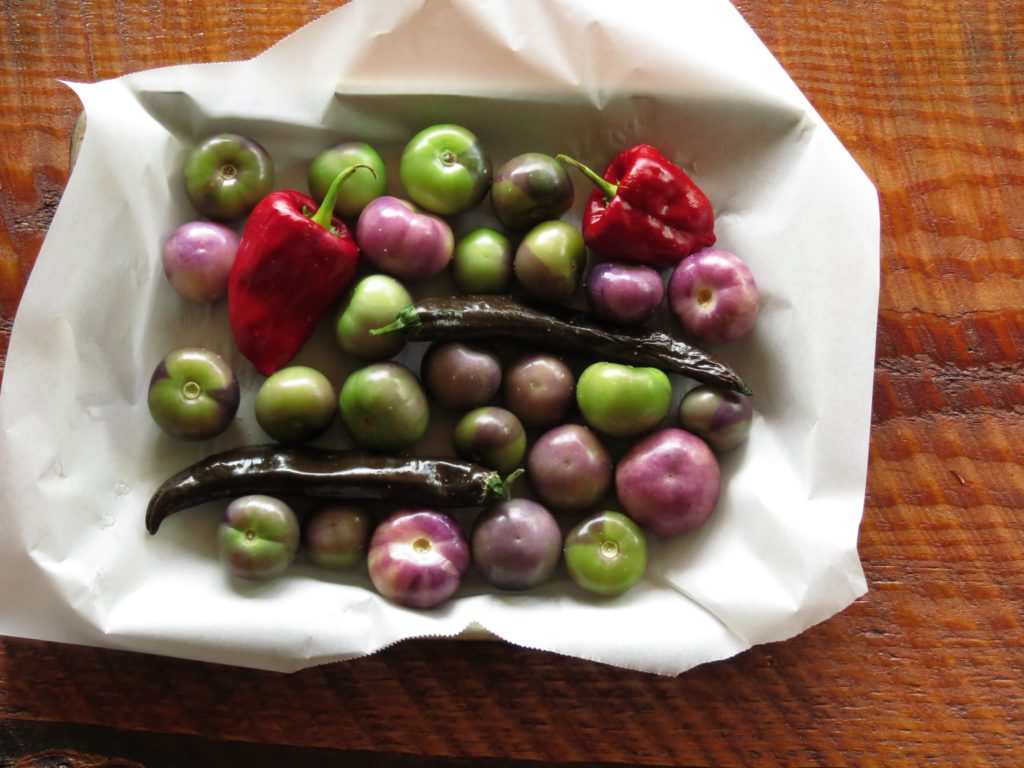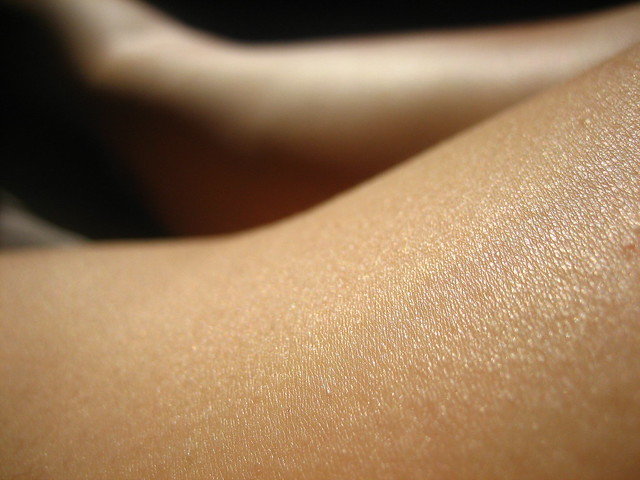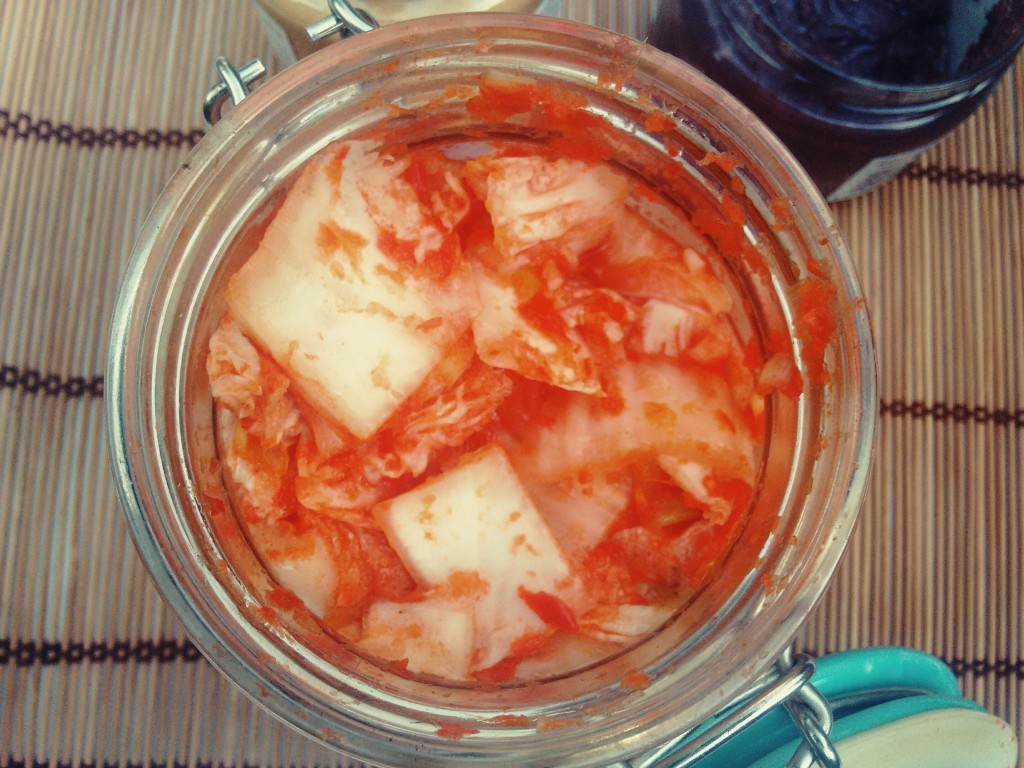
“…The idea that whole foods, plant-based diets can protect against and even treat a wide variety of chronic diseases can no longer be denied…now there are hundreds of detailed, comprehensive, well-done research studies that point in the same direction….” T. Colin Campbell, The China Study
So, exactly what diseases can a vegan diet heal, reverse, or improve?
We need to be really specific about how we define ‘vegan and ‘plant-based’ here. As we discussed in last week’s post, a junk-food vegan diet is not an optimal healing diet, so, for the rest of this post, when I say ‘vegan’ or ‘plant-based,’ please know that I mean a whole-foods vegan diet – the diet I mostly coach on my programs. As well as no animal products this also means no refined carbohydrates and no processed crap; just good old veggies, fruits, nuts, legumes, beans, whole grains, seeds, and minimal oil.
There are not many diseases that a plant-based diet won’t have a beneficial effect on. In my experience and studies, it is ALWAYS a good idea. As there are so many other elements at play (such as how active a person is, their emotional state, how toxic their environment is/has been, and even their spiritual state (apol’s for the ‘woo’) there are no guarantees that a plant-based diet will cure terminal cancer. However, fuelling your body with clean, whole, nutritious food while you are ill can only have a positive impact, even if it just extends the timescale of a terminal prognosis, or eases digestion and regulates metabolism and weight, thereby making life more comfortable.
If you are not already plant-based then always get the ok from your medical practitioner before changing your diet to treat, or help treat (along with conventional medicine) your illness. This diet can have positive effects very quickly. If you have a chronic disease and are on specific medications, you may need to reduce them, as regular doses may start to be too much. This is why it is important to do this with the knowledge (and supervision with regard to any medication) of a doctor.
Also: Prevention prevention prevention! Don’t wait till you’re good and crook to change your ways. The animals and the planet need you to go vegan asap, so jump right in! You can think of your ‘reward’ as getting the best protection there is from most illness. What better upside could there be?
Anyhow, let’s kick this off with a couple of biggies:
Diabetes Type 2
Firstly, this disease is easily PREVENTED with a plant-based diet.
Secondly, there is a small possiblity that you have genes that make you more susceptible to diabetes than others, BUT, on a whole-foods plant-based diet, these genes need never play out.
If you already have diabetes type 2? The good news is it can be reversed with a plant-based diet. You can become symptom and medication free. Seeing as how I’m not a doctor, I’m gonna let someone that is, talk and explain the specifics:
If you want Dr Barnard’s book on reversing diabetes, you can find it here.
This disease is unnecessary, it is a lifestyle disease – no-one has to get it. There is no need to suffer.
Some doctors know about this way of reversing diabetes, some don’t (most doctors don’t know much at all about nutrition, it simply doesn’t play a big part in their training). Some doctors may have read about reversing diabetes with a whole food vegan diet, but don’t believe their patients will agree to trying it. However, doctors that have given their patients the option of following a plant-based diet to reverse their diabetes have proved this wrong; most people are only too glad to help themselves.
A little info on diabetes type 1 (I focussed on type 2 here as it is more prolific). Diabetes type 1 can likely be prevented with a plant-based diet if you are vegan from birth, as there is very strong evidence to suggest it is caused by too high a consumption of dairy in childhood. Though a diabetes type 1 patient will always have to take some level of insulin, the amount can often be greatly reduced, and all the usual diabetes type 1 complications can be minimised by adopting a plant-based diet.
Heart disease
It has been known for at least the last thirty years, that a whole food plant-based diet prevents and reverses heart disease. Another lifestyle disease just like diabetes, it has been described by Dr Caldwell B Esselstyn (the author of ‘Prevent and Reverse Heart Disease’) as a ‘toothless paper tiger’ i.e. a disease that need not happen.
So why is it our biggest killer? Because most people are brainwashed into thinking that our standard diet rich in animal products is healthy, when in fact it is the cause of most chronic disease. Most doctors will just come out with ambiguous suggestions like ‘eat everything in moderation’ or ‘eat lots of veg and fruit and low fat proteins.’ Advice like this is not helpful. Who can define moderation? According to Dr Esselstyn, ‘moderation kills.’ And the second piece of advice is useless as it ignores the fact that protein is in vegetables too – it makes it sound as if protein is ONLY in meat and dairy, and it does not even touch on whole grains versus refined grains.
As with diabetes, there are doctors who do have this information, but are loathe to suggest it to their patients:
‘Why don’t more cardiologists employ this simple and successfully proven method? The stock answer is “My patients won’t follow such a diet.” That is indeed hard to accept when entire cultures without heart disease have preferred this way of eating for centuries and thousands of heart patients have accepted this technique. A more honest answer would be there is much less financial reward for the caregiver. The hope is that insurance carriers will appreciate this less expensive and more reliable approach and reward lifestyle counselling which will accelerate momentum and acceptance. Dr. Esselstyn now treats invasive cardiologists who seek his counsel when they have the disease. Viewing a broader landscape for the health of America is imperative.’ – Dr Caldwell Esselstyn
As for the how and why a standard diet causes heart disease and how a plant-based diet reverses it – take it away Doc:
The fact that these diseases can be reversed is incredible, but I can’t stress enough – prevention is key.
If you suffer from either of these diseases, or are interested in avoiding them – go plant-based now. If you need any help – I can guide you through the transition, and make it easy and fun. You know where I am!




